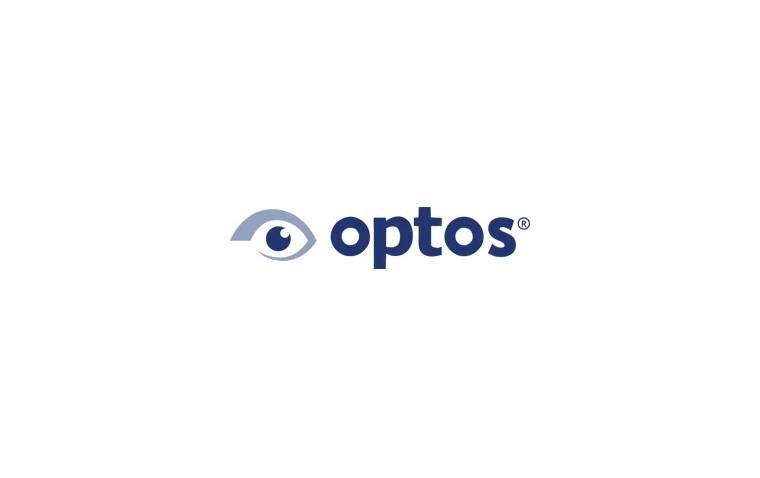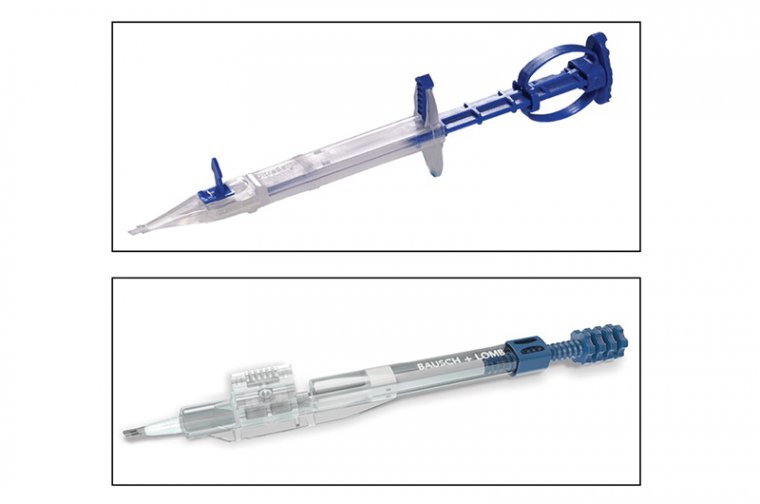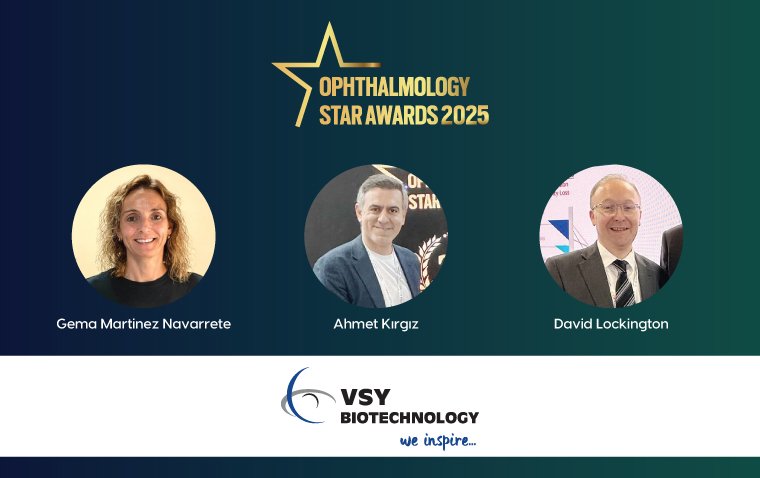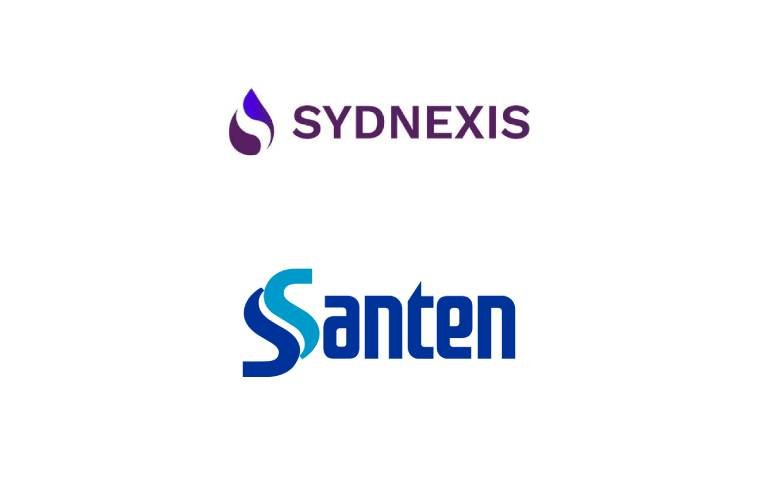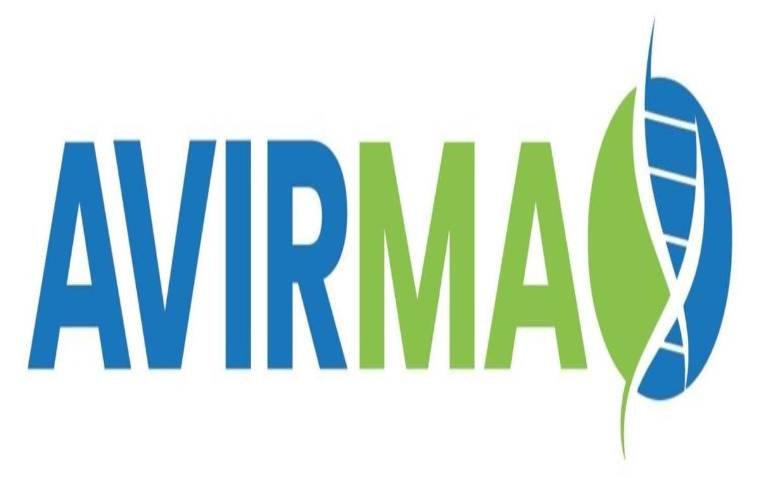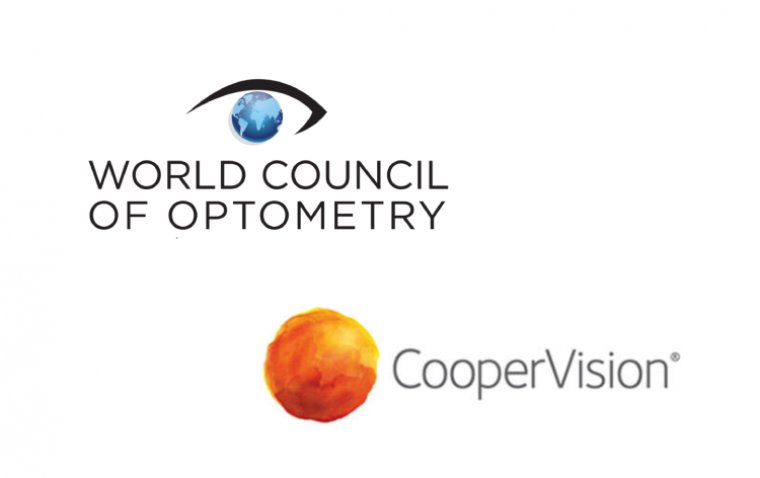
Frontera Therapeutics’ Trial for Treatment of X-Linked Retinitis Pigmentosa Kicks Off
Frontera Therapeutics has initiated a clinical trial for its gene therapy, FT-002, which is intended for the treatment of X-linked retinitis pigmentosa (XLRP). The first patient has already been given a dose of the gene therapy product. FT-002 is Frontera's third gene therapy product candidate to enter clinical trials.
"I am very pleased with our speed of execution and the rapid buildup of our medical and clinical operations capabilities. As a company, we now have three gene therapy clinical studies running in parallel,” Xinyan Li, PhD, President and Chief Medical Officer of Frontera, said in a company news release.
“FT-002 was manufactured entirely in-house and administered to the first patient as a first-in-class product, again validating the maturity and advancement of the company's AAV R&D platform technology,” said Yong Dai, PhD, founder and CEO of Frontera Therapeutics. "Driven by our mission to develop novel and best-in-class gene therapies, the Frontera team accelerated the R&D process to enable FT-002 to enter the clinic smoothly, and we believe FT-002 could greatly improve the quality of life for XLRP patients for whom there are currently no effective treatments. This year, the company expects to advance additional product candidates into preclinical and clinical studies, which we believe may provide more patients with curative opportunities.”
About FT-002 Gene Theraphy
FT-002 is a potential first-in-class gene therapy drug created using a recombinant adeno-associated virus that is designed to treat X-linked retinitis pigmentosa (XLRP) caused by RPGR gene mutation. XLRP has no known treatment globally. FT-002 is administered through an intraocular injection of a recombinant AAV virus that carries the gene for the expression of active functional proteins that repair the damaged retinal cell structure and function.
A single injection of FT-002 has the potential to delay disease progression or restore the patient's visual function. This gene therapy drug is being tested in XLRP patients in China, and if successful, will be the first AAV gene therapy drug used to treat this condition.
(1).jpg)
